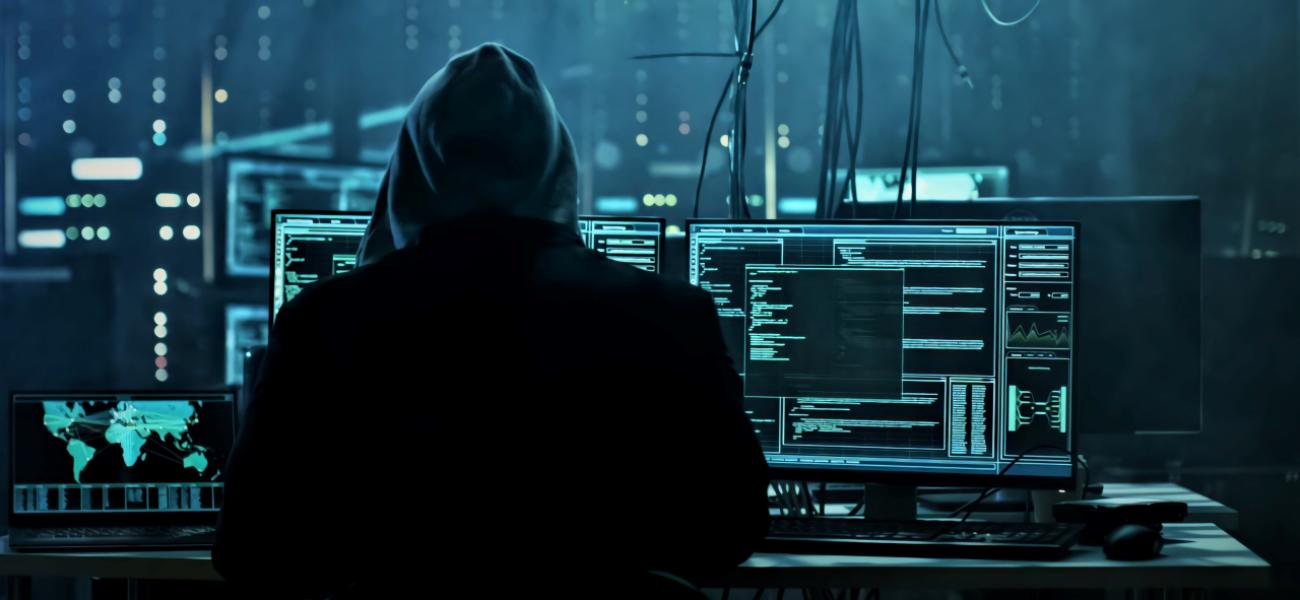
Ukraine’s Digital Fight Goes Global: The Risks of a Self-Directed, Volunteer Army of Hackers
May 02, 2022
Elisabeth Braw
This is a summary of an article originally published by Foreign Affairs.
The author, a senior fellow at the American Enterprise Institute, writes:
- "Ukrainian authorities estimate that some 400,000 hackers from numerous countries have aided the country’s digital fight so far. .... But there are serious risks involved in waging an informal cyberbattle against Russia, particularly since cyberwarfare may be one of the few remaining tools in the Kremlin’s playbook."
- “'No reasonable person will want to condemn volunteers for trying to help Ukraine,' Ciaran Martin, the founding director of Britain’s National Cyber Security Centre, told me. 'But just as volunteer soldiers from within Ukraine or from abroad who don’t know what they’re doing and aren’t operating in a proper structure can sometimes do more harm than good, so can volunteer hackers.'”
- "The lack of a command-and-control system — or any commanding authority, in fact — poses enormous risks. In the absence of any guidance or direction, 'the volunteers . . . could do completely unhelpful things like attacking the wrong targets,' said Karlson."
- "Moscow would not retaliate against the attackers — who might be a few different individuals dispersed around the world—but against Ukraine or against the attackers’ countries of origin or residence. That, in turn, could trigger further escalation."
- "Another crucial difference sets these novel volunteers apart from soldiers in the employ of armed forces: they are not obliged to follow the Geneva Conventions, nor do they seem familiar with them or with national laws that, for example, ban citizen cyber-intrusions, even against foreign countries."
- "In the absence of any official authority over volunteer hackers, state governments should brace themselves for a rise in cyber-accidents, cyberattacks, and potential escalation — and most importantly, they should attempt to regulate freelance shadow wars. Despite the West’s military contributions to the Ukrainian defense, as well as some states."
- "A retaliatory Russian cyberattack targeting the United States could devastate critical infrastructure, the private sector, and civilians who have played no part in the conflict. Washington must make clear that hacking Russia from U.S. soil is not worth the risk. It must also revise and update its neutrality laws to account for these new forms of informal cyberconflict, to be able to hold hackers fighting from U.S. soil accountable. Perhaps most importantly, U.S. officials should encourage the public to help the Ukrainian defense in ways that cannot be used as a pretext for retaliation."
Read the full article at Foreign Affairs.
The opinions expressed herein are solely those of the author. Photo from Wikimedia, shared under a Creative Commons license.
Click to Subscribe
Russia Matters offers weekly news and analysis digests, event announcements and media advisories.
Choose and sign up here!
Recent Analysis
CIA Director Burns on Ukraine: ‘We’re Running Out of Time to Help Them’
April 25, 2024
George W. Bush Presidential Center
Personnel Stagnation to Splinter Putin Elite With Battle of Lost Generations
April 19, 2024
Andrey Pertsev
